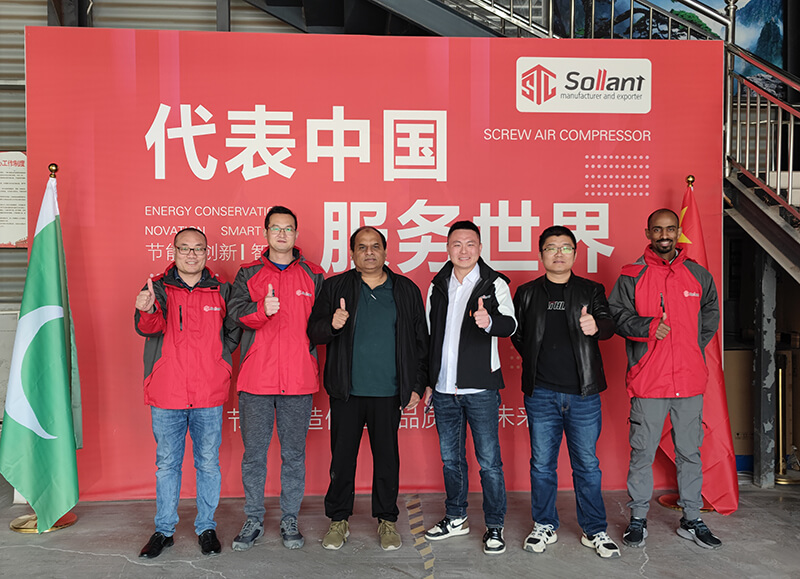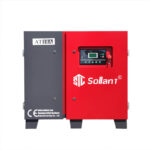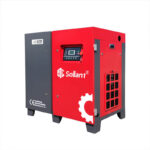Here are some tips to improve the energy efficiency of your air compressor system:
1. Proper sizing: Make sure your air compressor system is properly sized for your specific application. Oversized or undersized compressors can result in inefficient operation and increased energy consumption.
2. Regular maintenance: Regular maintenance of your air compressor system can help improve efficiency and reduce energy consumption. This includes changing air filters, checking for leaks, and cleaning or replacing components as needed.
3. Optimize pressure settings: Adjust the pressure settings of your air compressor system to the lowest pressure possible for your application. Higher pressures result in more energy consumption and can lead to leaks and other inefficiencies.
4. Install storage tanks: Installing storage tanks in your air compressor system can help reduce energy consumption by allowing the compressor to operate less frequently. This can also help reduce wear and tear on the compressor and extend its lifespan.
5. Upgrade to energy-efficient equipment: Consider upgrading to energy-efficient air compressor equipment, such as variable speed drive (VSD) compressors or high-efficiency motors. These upgrades can result in significant energy savings over time.
6. Conduct an energy audit: Conducting an energy audit of your air compressor system can help identify areas where energy consumption can be reduced and efficiency improved. This can help you develop a comprehensive energy-saving plan and prioritize investments in energy-efficient equipment and upgrades.
By implementing these energy-saving measures, you can improve the efficiency of your air compressor system, reduce energy consumption, and save on operating costs over time.
Sollant Focus on Energy Saving



